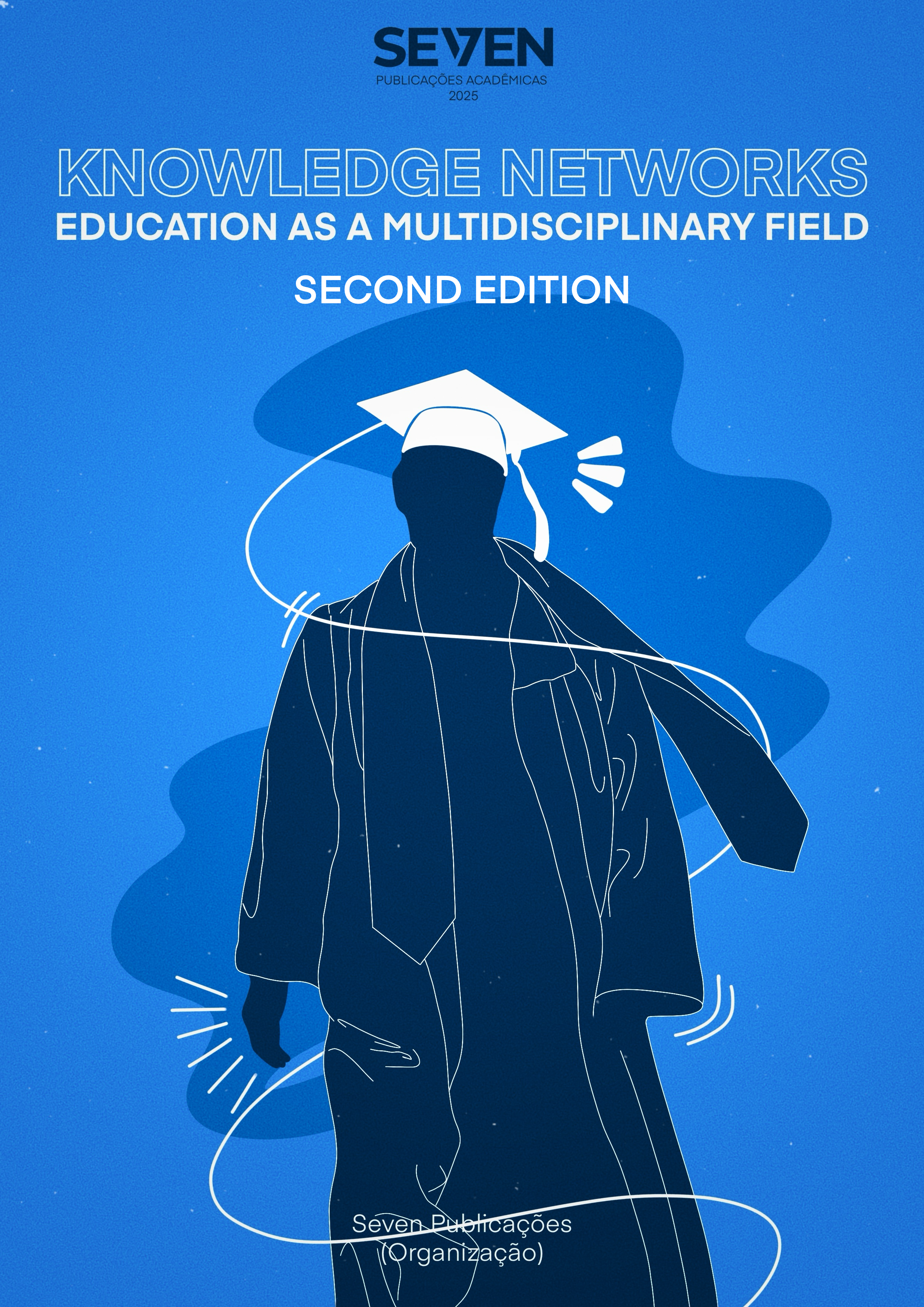THE PEDAGOGY OF PERSONAL AND SOCIAL ORDER FOR GROWTH AND PROSPERITY: THEORETICAL BASIS AND FUNDAMENTAL CONCEPTS
Keywords:
Social Order, Social Disorder, Development, Personal Order, Personal DisorderAbstract
The pedagogical terms "Personal Disorder" and "Personal Order" were established with the intention to be able to refer to the state of presence necessary for human beings to contribute to social order in every aspect of their life. As family, business, education, work, religion, etc. As these terms are intended to integrate the basic obligations and responsibilities of social beings, to be able to reach full potential, and to be able to help others reach theirs. Consequently, we can have more effective societies, and therefore, a better world. For this study, it was fundamental the contributions of Hedley Bull (1932-1985) from his main work, “The Anarchical Society”. Because, according to Bull, social order is created through life, truth, and property. Then, it was essential the conceptual research method for the theoretical framework. Additionally, the observational research method was put into practice to corroborate how these elements contribute also to personal development in the life of people throughout maintenance, really appreciation, and good use, of individual and collective resources. As human capital, natural resources, time, and local assets. Which contribute also to social development, avoiding social anomie and, so, social disorder. Other contributions were taken also into consideration. As theories on fundamental human needs; the life experiences of the author; the African philosophy of Ubuntu; the General System Theory of Ludwig von Bertalanffy (1901-1972); the work of great pedagogues such as Pablo Freire (1921-1997) and Anton Makarenko (1888-1939); the work of important sociologists such as Anthony Gramsci (1891-1937), etc. Consequently, the fusion of all these works, studies, experiences, ideas, findings, and constructs, enabled the creation of the terms "Personal Order" and "Personal Disorder".
Downloads
Published
Issue
Section
License

This work is licensed under a Creative Commons Attribution-NonCommercial 4.0 International License.





